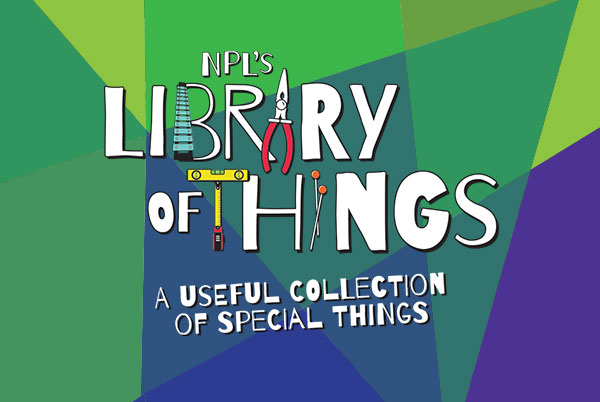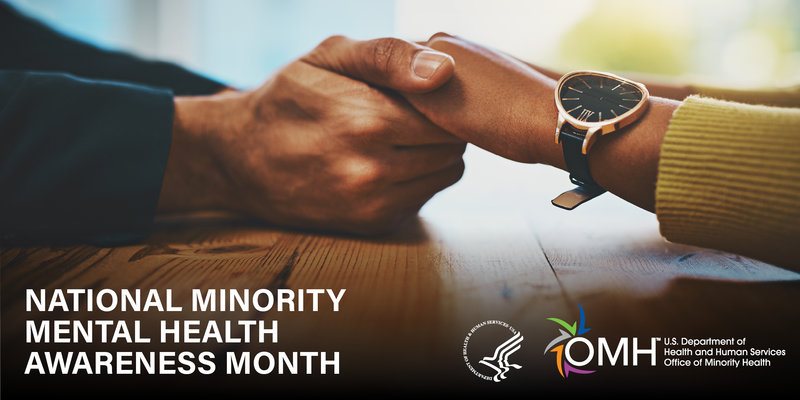
Harvard public health researcher David R. Williams, who has been studying the connection between racial discrimination and health for decades, recently wrote about the “pandemic of stress” that is disproportionately affecting communities of color during COVID-19. He summarizes, in simple terms, how unrelenting, toxic stress and its resulting health problems have always been a reality for Black Americans, and how COVID-19 has made this even worse. Dr. Williams ends with the urgent call for immediate, meaningful interventions to address this mental health crisis.





